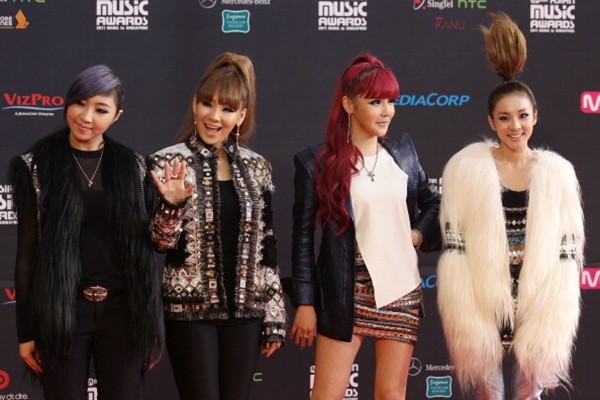China once embraced Korean culture with open arms. The country hosted the largest fanbase for Korean stars and Korean popular culture in general, but tides have turned and the boycott against anything Korean is in full swing, Korea Joongang Daily reported.
It all started by removing Korean celebrities from TV commercials, reality programs, and dramas in China.
What followed next involved the cancellation of Korea-China joint products in dramas and films. Scheduled events of Korean artists in China have also been cancelled. China went one step further by also canceling events in South Korea.
One such case is the canceled concerts of soprano Sumi Jo and pianist Paik Kun-woo in China. According to reports, the shows were postponed as Sumi Jo and Paik were unable to obtain visas.
Jo took to Twitter on Jan. 24 to air out her frustration, saying that it “is pitiful that the conflict between two countries has involved even in the fields of fine arts and culture.”
The Korean art industry is also suffering major blows caused by the THAAD row. Several exhibitions in South Korea sponsored by the Chinese ministry of culture in celebration of South Korea and China’s diplomatic relations have been scrapped.
According to Choi Eun-ju, director of the Gyeonggi Museum of Modern Art, “Chinese organizers suddenly informed organizers last fall that they can no longer hold the exhibition in Korea.”
“We’ve been talking about the exhibition as early as the beginning of last year and numerous agreements have been made,” Choi added in an interview with Korea Joongang Daily.
Although the Chinese organizers didn’t state the cause of the dropped plans, the Korean art community believes the THAAD row between China and South Korea played a significant role.
The boycott stems from China and South Korea’s row. The former is against South Korea’s plans to install the U.S. Terminal High Altitude Area Defense (THAAD) anti-missile system in the country.



























